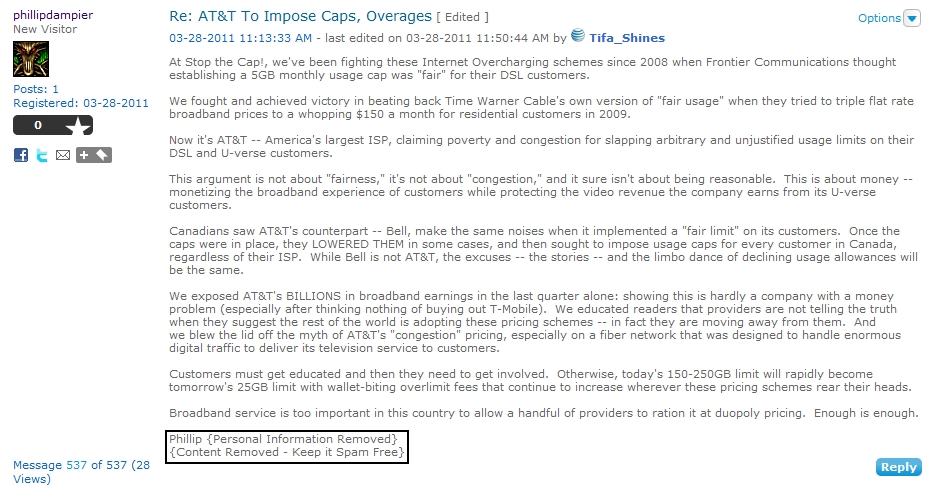 Amazon.com today unveiled a new personal online file storage service allowing customers to access and stream up to 5GB of their music collection to their Android phones, tablets, or personal computers for free.
Amazon.com today unveiled a new personal online file storage service allowing customers to access and stream up to 5GB of their music collection to their Android phones, tablets, or personal computers for free.
The new suite of services includes Amazon Cloud Drive, an online file storage locker which holds the files, Amazon Cloud Player for Web, a web-based player that accesses MP3 files stored on a customer’s cloud drive, and Amazon Cloud Player for Android, which delivers streams over a wireless broadband connection to an Android-based wireless device.
“We’re excited to take this leap forward in the digital experience,” said Bill Carr, vice president of Movies and Music at Amazon. “The launch of Cloud Drive, Cloud Player for Web and Cloud Player for Android eliminates the need for constant software updates as well as the use of thumb drives and cables to move and manage music.”
“Our customers have told us they don’t want to download music to their work computers or phones because they find it hard to move music around to different devices,” Carr said. “Now, whether at work, home, or on the go, customers can buy music from Amazon MP3, store it in the cloud and play it anywhere.”

Apple's MobileMe service will likely need to dramatically cut prices to compete with Amazon's new cloud storage service.
Those with established Amazon accounts will find their Cloud Drive already activated and ready to store up to 5GB of files. Customers who buy a digital MP3 album from Amazon will automatically get a free upgrade to 20GB of storage space for the first year.
Those looking for more than 20GB of online storage can purchase it for $1/GB per year, up to 1TB per account.
Although the service was intended mostly as an MP3 storage locker, any file can be saved to a customer’s Cloud Drive, which uses Amazon’s Simple Storage Service (Amazon S3). This means the Cloud Drive could be used to store videos, documents, or even system backups.
“Free” is a good deal for consumers. Competitor Dropbox only gives out 2GB and Apple’s MobileMe charges a comparatively overpriced $99 a year for 20GB of combined email and file storage and 200GB of monthly data transfer. Amazon does not limit data transfers.
Online cloud storage moves files off of individual hard drives and makes them available online for immediate access, anywhere. But Internet Overcharging schemes mean consumers will face the potential of dramatically higher broadband bills if they use these services, which are extremely data intensive. Using Amazon’s MP3 storage and streaming service is unlikely to put a customer past their usage limit on home broadband accounts, but using the service for regular file backups could. Usage-capped broadband and so-called “usage-based billing” threatens the viability of business plans that require consumers to use their broadband accounts to send and receive substantial amounts of data.
[flv width=”640″ height=”380″]http://www.phillipdampier.com/video/Amazon Cloud Player.mp4[/flv]
Amazon.com introduces its new Cloud Drive and Cloud Player. (2 minutes)


 Subscribe
Subscribe





